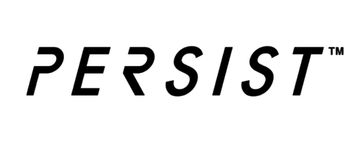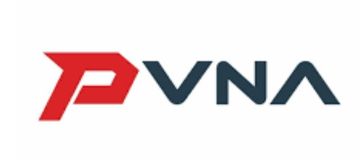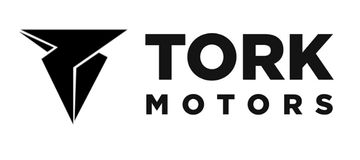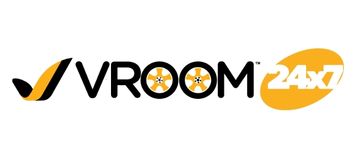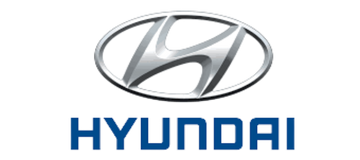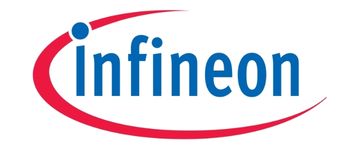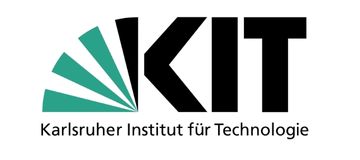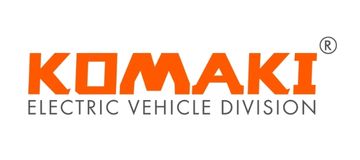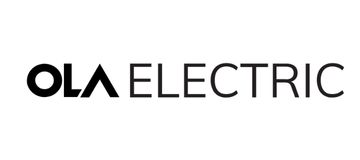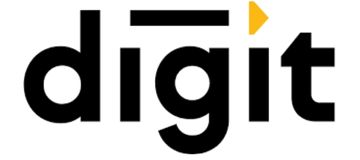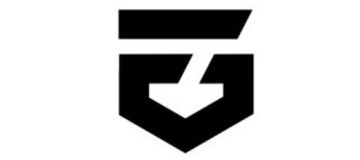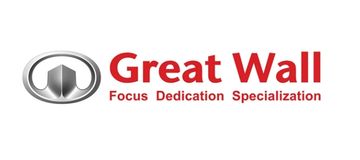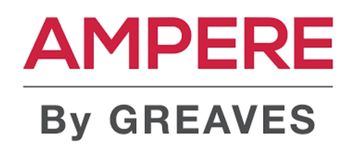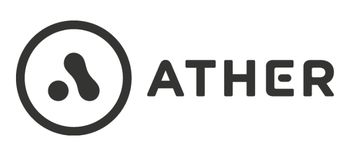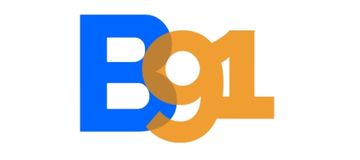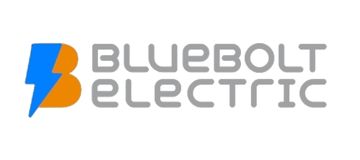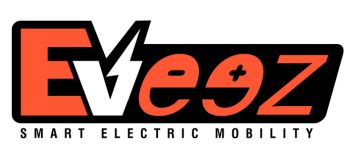Electric Vehicle Course Objective:
DIYguru presents a certification program on Electric Vehicle Course (Essentials). This program provides you with the most flexible learning environment possible. Electric Vehicle Course is offered as a self-paced program often referred to as an asynchronous online program which is time-independent, meaning that it can be accessed 24X7 within the tenure of 90 days.
This program can be accessed from multiple devices which makes it easy to learn on the go. Lectures are pre-recorded or slide presentation with voice-over commentary, interactive discussion boxes that foster student to student interaction, Email communication with the instructor are part of this process. Downloadable educational tools such as e-books, research papers, and government reports are made available at just one click.
Eligibility Criteria (Who can take this Electric Vehicle course?)
The program is designed for students or professionals who are:
- Having either of these (ITI / Diploma, B.Tech., BBA, MBA, Arts, Commerce) and are looking to aquire skills in Electric Vehicle Industry
- Students who are curious to learn about Electric Vehicles and are in their Senior Secondary or Hingher Senior Secondary can also opt for this certification course.
- Automotive enthusiasts (No academic qualification mandatory) working in industries such as Automotive, Auto component, Design, Manufacturing, etc.
- Working in Functional areas such as R&D, Analysis, Maintenance, Projects, component design, etc.
- Interested in pursuing further studies on the part-time or full-time basis in Automotive, Electrical, Electronics, and Mechanics sector.
- Motor Insurance sector companies looking for upskilling their employees over complete range of EV's in terms of 2 wheelers, 3 wheelers, 4 wheelers and heavy commercial vehicles. A training which improves knowledge from service and accidental repairs point of view
Course Takeaways
The course tends to equip participants with multidisciplinary expertise and increase the practical exposure with the tools and functioning of the Electric vehicle via small workshop prototypes. This course follows the practical approach of learning (PLA model) to educate and offer cutting edge training to prepare engineers for the future industry workforce demand. The goal is to make participants more employable through upskilling in following topics -
- Lithium-Ion Battery - Its construction, working , types and special features.
- Battery Management system working and different features.
- Battery and Drive motor Cooling systems.
- Hazards associated with High voltage batteries.
- Repair possibilities available for HV batteries.
- Drive motors - types, working and construction.
- Repair possibilities of Drive Motors.
- EV's general layout / differences compared to IC engine vehicles and Hybrids.
- Charging systems in EV.
- Low voltage and High Voltage system classification.
- AC/DC Inverter, DC/DC Converters.
- Myths and facts on EV's.
- Do's and Don'ts for Battery care.
- Current Market scenario in India.
With Project-based 1-month Internship Learning!
Stepwise procedure for the course enrollment with a 4-week internship project
- Step 1:
Apply for the internship-based learning-based course and fill the application form.
- Step 2:
Pay the necessary fee to enroll in the program.
- Step 3:
The technical team of DIYuru will check your entered data, and will share the confirmation of acceptance as you will be shortlisted in the next 24 hours.
- Step 4:
Once you are enrolled in the course, start working on the course videos, and given assignments, and complete the course at your own learning pace!
With this, you shall receive the ‘course completion’ certificate.
Project-based Internship process
- Step 5:
If you have applied for the ‘internship-based learning’, then the team DIYguru Support shall connect with you to share the date of the ‘live course certification examination!’.
This examination will enable you to understand your current expertise and will allow us to define the best possible project for you! Students will get a minimum of 4 weeks for the examination preparation.
- Step 6:
Once you clear the examination, the DIYguru technical mentors will contact you to enroll you in the ‘live project’. Since students will work on a live project, students will get enough time to prepare themselves before the internship project begins.
- Step 7:
Since it is an ‘internship’ based project, the students will be encouraged to work through the assigned project in teams and will be allowed to achieve the results on their own, with mentorship support from DIYguru! Allowing you to gain the actual skills as an ‘intern’! Enrolled students will get a minimum of 4-6 weeks to work and submit their project reports.
- DIYguru shall also allow you to work in groups or as an individual. However, at the end of the internship, each student shall submit a project report with all the results achieved, for evaluation by the DIYguru technical team.
- Every candidate after successful completion of the internship project shall also submit a pitch presentation video, explaining his/her project-oriented achievements and results, so that the participants can work on their communication and presentational skills simultaneously.
With this, you shall receive the ‘Project-based internship’ certificate (along with evaluation score), and an ‘achievement badge’ to validate that you have successfully cleared the ‘certification examination’ (shareable on LinkedIn and other platforms).
Course Highlights
- Learn without a career break with online classes available 24*7.
- One can access the course at their own pace, but with the investment of 3-5 hours/week, it can be finished within a month.
- The electrical vehicle certification course is a Workshop Integrated Learning Program designed for students or professionals aspire to work or working in automotive, auto-component, design and manufacturing sector and aim to develop the required skills to build and sustain future automobiles.
- The program has a special emphasis on concepts such as Vehicle dynamics, Architecture, Motor Design, Ergonomics and Battery Technology.
- The program includes basic concepts required for developing an Electric Vehicle.
- The program uses a Continuous Evaluation System that assesses the learners over convenient and regular intervals. Such a system provides timely and frequent feedback and helps busy working professionals stay on course with the program.
Learning Outcomes
- Get to know about different modules of Electric Vehicles.
- Understand the underlying concept behind Power Electronics & Battery Management System.
- Understand the effects of external factors and assumptions taken for designing the vehicle and its power train.
- Understand the mystery of chemistry within batteries.
- Get mentored by Industry Experts.
- Get project assistance.
- Get on request instructor-led hands-on workshops.
- Get career mentorship in Electric/Green-Energy fields.
Career Opportunities
DIYguru provides placement assistance by providing an enormous amount of technical knowledge about the corresponding field and latest information about tech-trends. Information on new vacancies is float through e-mails by our support team to every student, so that you can apply for the job as early as possible. India has chalked a plan to aid its electric mobility mission by creating a specialized workforce. The blueprint aims at generating 10 million jobs. The government had initiated the National Electric Mobility Mission Plan in the year 2013 with an objective to put 6-7 million electric vehicles on Indian roads by 2020 and committing to achieving 30% e-mobility in the country by 2030. DIYguru has a direct tie-up with Industries. The students / professional performing outstandingly in this course will get the opportunity to build a career in the E-Mobility sector.
Technical Requirements
The program to give its best will need the following requirements:
- Computer/ Laptop will provide you with the best experience, but this program is quite compatible with smartphones to make it feasible for students worldwide.
- High-speed internet for crystal clear experience, but this program can also run without buffering with below-average connectivity for reaching out to students from suburban and rural areas.
- A student should make their notes for future reference.
- A student should have basic knowledge about high-school physics and chemistry, even though the pre-requisite of this program will brush up one's basic concepts.
Electric Vehicle Industry Overview
Most automobile companies are vowing to switch to electric, a cleaner, and sustainable alternative. An electric revolution is coming to the automobile sector in the world. But, the industry is facing a shortage of talented, aptly skilled engineers needed for the transition to electric drives as the primary source of motive power.
Help fill that gap and gain an edge with DIYguru’s Electric Vehicle curriculum. The electric vehicle online course provides advanced knowledge in design, analysis, control, calibration, and operating characteristics of Electric Vehicles. Students and Professionals can integrate this industry-ready certificate course in their skill-set for career and overall growth opportunities.
Need for Upskilling In EV Industry
There is a huge skill gap between industry and academia when it comes to the task of taking the entire automobile industry towards electric mobility and that's where DIYguru comes into play. Our courses are self paced, project oriented and enable the learner to follow their passion in a particular topic of Future of Jobs. We involve greatly in upskilling, reskilling and constant skilling to help companies foster towards EV adoption faster by providing skilled manpower. Besides, developing skills, we maintain quality so that our courses will be able to compete with the global automotive industry.
